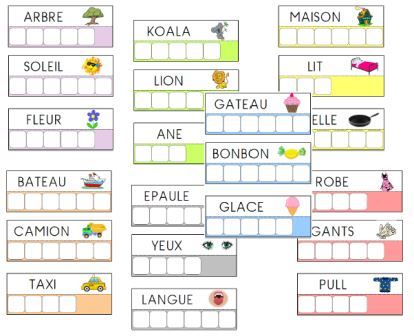It is the tale of two Arabian cities. As the crow flies, Morocco’s capital Rabat and Syria’s capital Damascus are about 2,500 miles from each other. But judging by the context and content of the respective national addresses delivered within hours of each other this weekend, Morocco’s King Mohammed and Syria’s Bashar Al Assad might as well have been a million miles apart from each other.
Accelerated by his own well-honed reform instincts and a desire to leap ahead of Morocco’s own « Arab Spring » protesters (the « February 20 Movement ») Morocco’s King Mohammed VI unveiled a series of unprecedented democratically-oriented constitutional changes which would dramatically reduce the monarch’s authority and devolve legislative and executive appointment power from the palace to an independently elected prime minister.
Assuming the proposed reforms are approved in a July 1 popular referendum, Morocco’s next prime minister would be nominated directly by the largest party elected to Morocco’s Parliament which could be dissolved only by the prime minister and no longer by the King. In addition, the judiciary would become an independent branch of government, with the King no longer retaining authority to appoint judges.
All told, the proposed constitutional reforms represent the most significant step toward a government accountable to the people ever taken by a Moroccan monarch, and for that matter, any monarch throughout the Arab world.
Will the proposed reforms satisfy every demand made by Morocco’s democratic reformers — the February 20 Movement? Probably not. But since assuming the throne in 1999 from his father, King Mohammed has consistently kept his ear to the Moroccan ground and has developed a keen sense how to calibrate the pace of reforms which are irrevocably placing Morocco on a commendable path to a more accountable, non corrupt and transparent democratic state.
It’s a shame Bashar al Assad was not watching King Mohammed’s nationally televised address. Had he been doing so, perhaps Assad would have thought twice about delivering his own defiant, barren harangue to the Syrian people today which seemed to be drafted by the same « dictators r us » speechwriter who had also crafted similar « let’s hang on to what we got » speeches for Tunisia’s defunct president Ben Ali, Libya’s Col Gadaffi, Yemen’s Saleh and Egypt’s Mubarak .
In a setting that captures the essence of all that is callous about the Assad family dynasty, the Syrian president high-fived a hand-picked amen chorus of Syrian sycophants and lobbed empty, half-baked promises of « dialogue » and illusions to far-off-in-the-future reforms — all the while his army continued to slaughter brave Syrian protesters by the scores each day.
There was not a shred of evidence in the speech that Assad was willing to relinquish any of his absolute powers, nor offer his opponents any assurance that they would not be harmed if they were willing to engage in this so-called, open-ended « dialogue. » « Window dressing! » was what one prominent Syrian exile called it. Other Syrians took to insultingly lobbing their shoes at pictures of Assad and copies of the speech.
The raucous, abrupt response to Assad’s speech in the streets of Syria’s cities was the best barometer of how embittered hundreds of thousands of Syrians have become toward the regime and to Assad himself. In city after city, way into the Syrian evening crowds of protesters took to the streets defiantly condemning the address as little more than an effort to buy more time for the regime to accelerate its brutal crackdown.
Now in its fourth month, the Syrian showdown still has not yet caused the regime to crack, but sectarian fissures intentionally fanned by a desperate Assad family are surfacing, rendering this offer of national dialogue a truly fleeting gesture. It’s had to imagine what exactly Assad hoped to accomplish in his speech given that his army was randomly shooting protesters in cold blood tonight in the outskirts of Damascus.
What a paradox in this so-called Arab Spring.
On one hand, here is a self-assured and respected, popular Moroccan monarch offering his people a specific, concrete path to democratic reform free of intimidation or violence And on the other hand, a rudderless and ruthless Syrian dictator who has no hesitation killing his own people in order to suppress their quest for reasonable and necessary democratic reforms.
At least for the people of Morocco there is a realistic hope for a brighter tomorrow.
As for the people of Syria, Assad has set his nation on a dangerous path to sectarian strife and potential all out civil war.
Surely, that is not a fate the Syrian people deserve given all they have endured under the 41 year state of fear the Assad family dynasty has inflicted on them.
Read more: Egypt, Syria, Tunisia, Morocco, Hosni Mubarak, European Union, Lebanon, Hezbollah, Col Gadaffi, Aleppo, Bashar Al-Assad, Damascus, Arab Spring, King Mohammed VI, Libya, Rafik Hariri, Rabat, Azzedine Ben Ali, World News
 Source | Vos Services | Annuaire | Annonces | Géolocalisation | Investissement
Source | Vos Services | Annuaire | Annonces | Géolocalisation | Investissement

















